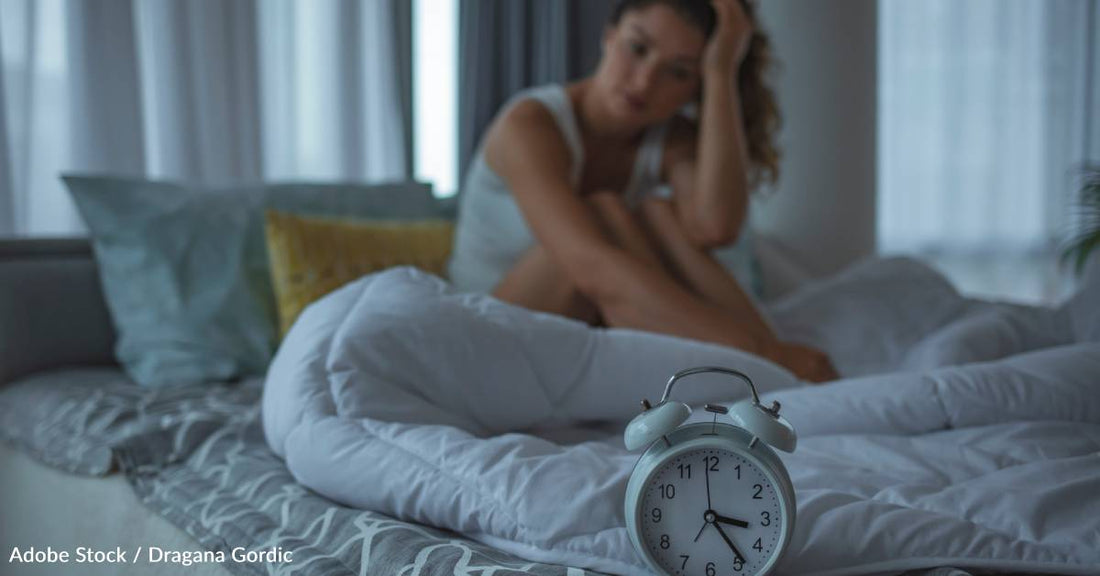Are You Tired? It's Likely if You're Between the Ages of 33 and 53
Michelle Milliken
Getting sufficient sleep is linked with plenty of benefits, including getting sick less often, maintaining a healthy weight, lowering your risk of conditions like diabetes and heart disease, reducing stress, and improving your mood. However, a new study finds that there’s a period in life when most people are getting their lowest amount of sleep and could be missing some of these benefits.
Researchers from University College London (UCL), University of East Anglia, and University of Lyon took a look at sleeping habits among hundreds of thousands of people from dozens of countries, looking for trends among different demographics. Their findings, published in the journal Nature Communications, show that people are sleeping the least between the ages of 33 and 53.
The findings were gathered from more than 700,000 people in 63 countries playing the Sea Hero Quest mobile game. That’s a game designed to help with Alzheimer’s research by providing information on spatial navigational abilities. Players complete tasks testing these abilities, and they also answer demographic questions and those related to neuroscience research. Among the data collected is sleep patterns.
The team found that people tended to sleep the most in very early adulthood, but sleep totals declined as people progressed through their 20s and early 30s. Then their sleep amounts plateaued until the age of 53 before increasing again. This was true for men and women, as well as across different countries.
Professor Hugo Spiers, co-lead researcher from UCL Psychology & Language Sciences, says, “Previous studies have found associations between age and sleep duration, but ours is the first large study to identify these three distinct phases across the life course. We found that across the globe, people sleep less during mid-adulthood, but average sleep duration varies between regions and between countries.”
The countries with the highest sleep totals were in Eastern Europe, where people were found to sleep 20 to 40 more minutes per night than the average figure of 7.01 hours. South East Asian countries, meanwhile, had the lowest totals.
The team also found that latitude, economy, and culture played a role in sleep habits.




